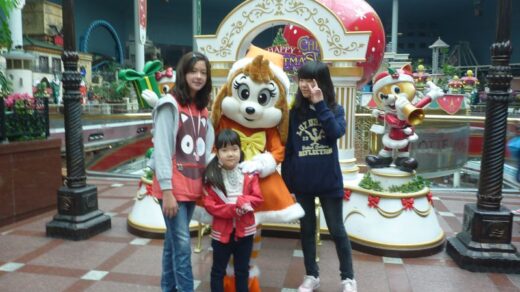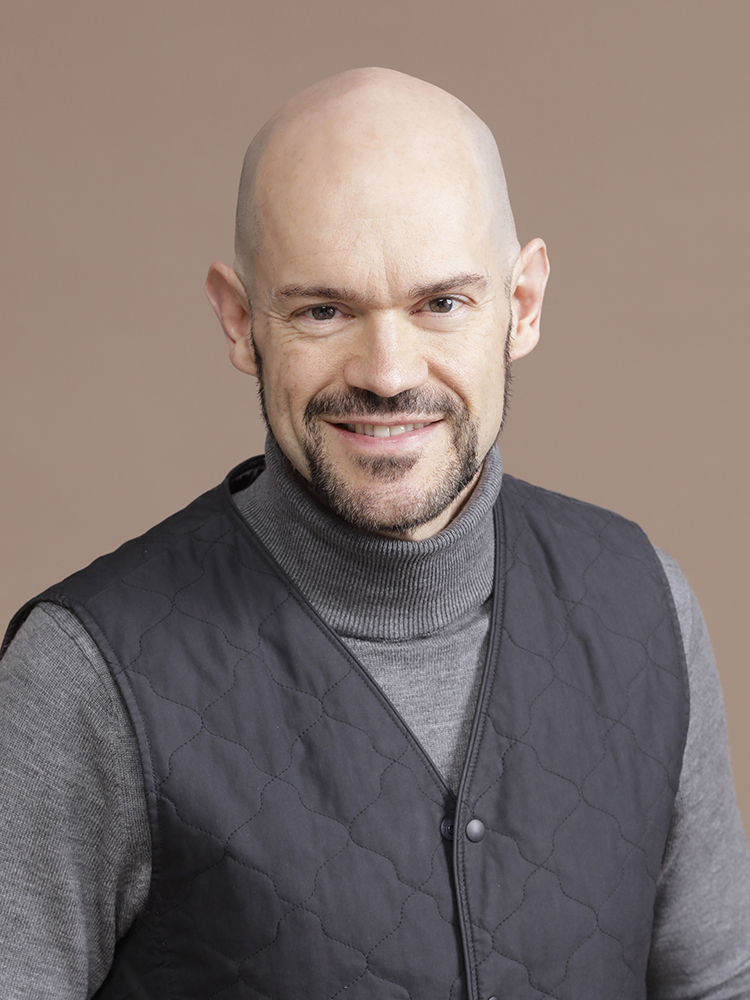I just posted an announcement [EXPIRED LINK REMOVED: /2009/12/korean-language-skills-research-project-novices-welcome] on my Nojeok Hill blog regarding a survey of learners of Korean. Having completed the survey myself, I emailed the author, Yongjoon Cho, with a Korean grammatical question that’s been on my mind for awhile.
My message to Mr. Cho:
Hi Yongjoon,
I’ve got a question that I’ve never been able to get a proper answer to. Since it’s related to the grammar in your survey, I was thinking I’d run it by you.
There’s a Korean TV program called “그것이 알고 싶다”. Why is it “그것이”? Everything that I know about Korean says it should be “그것을”. Perhaps both are OK and there’s a nuance difference? But the “그것이” just seems wrong to me.
I’d be really grateful if you could explain it for me.
Thanks,
Steven
Here is the excellent reply I got back:
Hi Steven,
The constructions are called “desiderative constructions” in Korean.
In the constructions, the object of an embedded predicate can also be the subject of the matrix clause. It is not the same, but in English apparently similar constructions exist:
(1) a. It is easy to please John.
b. John is easy to please.
Originally “John” is the object of the embedded predicate “please”, but it can appear in the position of the matrix clause as in (1b).
Correspondingly,
(2) a. 철수를 만나기 쉽다.
b. 철수가 만나기 쉽다.
철수, the object of the embedded predicate 만나다, can be the matrix subject, as in (2b).
Similarly,
(3) a. 나는 그것을 알고 싶다.
b. 나는 그것이 알고 싶다.
the object in the desiderative constructions, as in (3), can have the object marker (3a) as well as the subject marker (3b).
So the two alternatives, as in (3), are both grammatical in Korean. There is no semantic difference between those two options. If there is any slight difference in nuance, it might be related to the “focused reading” on 그것이, rather than 그것을.
The predicate of the opposite meaning, 싫다, also has the same structure, as in (4):
(4) a. 나는 영희를 만나기 싫다.
b. 나는 영희가 만나기 싫다.
I hope this is a helpful answer to your question.
Please let me know if you have any other questions.
Thank you.
Best,
Yongjoon



